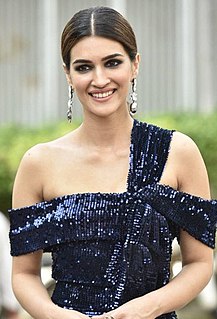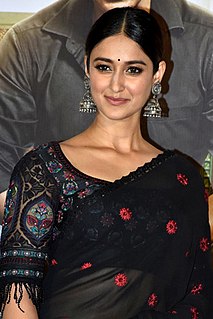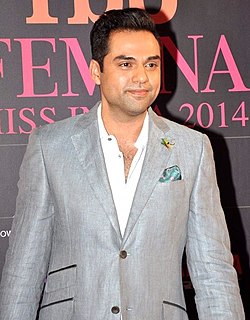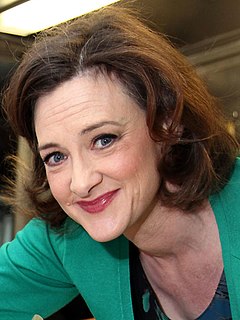A Quote by Kriti Sanon
At the end of the day, it is about what you are doing in the film.
Quote Topics
Related Quotes
When you're doing a film and the majority of the film is cast black, for me, it's most important to get people to view those movies as just movies, as just good movies. At the end of the day, regardless of the color of the cast, we're all doing the same thing in this business: trying to make a good film.
I only want to make movies that I believe in, that I care about and that mean something to me. At the end of the day, that's the only reason I'm doing this. Hopefully I can continue to grow and challenge myself to try to do things I've never done before, and make different kinds of movies that still maintain what makes the film my film.
I find myself in this bizarre position in which everything I write and talk about is pretty much about this issue, the environment. It feels a little too comfortable, because at the end of the day I can rationalize that I'm doing my share. I don't know if I actually am, I don't know if I should be more of an activist than I am. But at the end of the day, everybody needs to do those things that they're most likely to continue doing, and that aren't going to burn them out.
Cinematography was incredibly foreign to me, so I read as much as I could about it. Once I figured out that it was just photography with a set shutter speed, I got some slide film and I just went about storyboarding the script and taking snapshots. I took a ton of time doing it just to make sure I knew exactly what I was doing. By the end of it I knew what the film was going to look like - my exposure and the composition and everything. I wasn't scared of cinematography anymore.
The first thing I say when people ask what's the difference [between doing TV and film], is that film has an ending and TV doesn't. When I write a film, all I think about is where the thing ends and how to get the audience there. And in television, it can't end. You need the audience to return the next week. It kind of shifts the drive of the story. But I find that more as a writer than as a director.




































